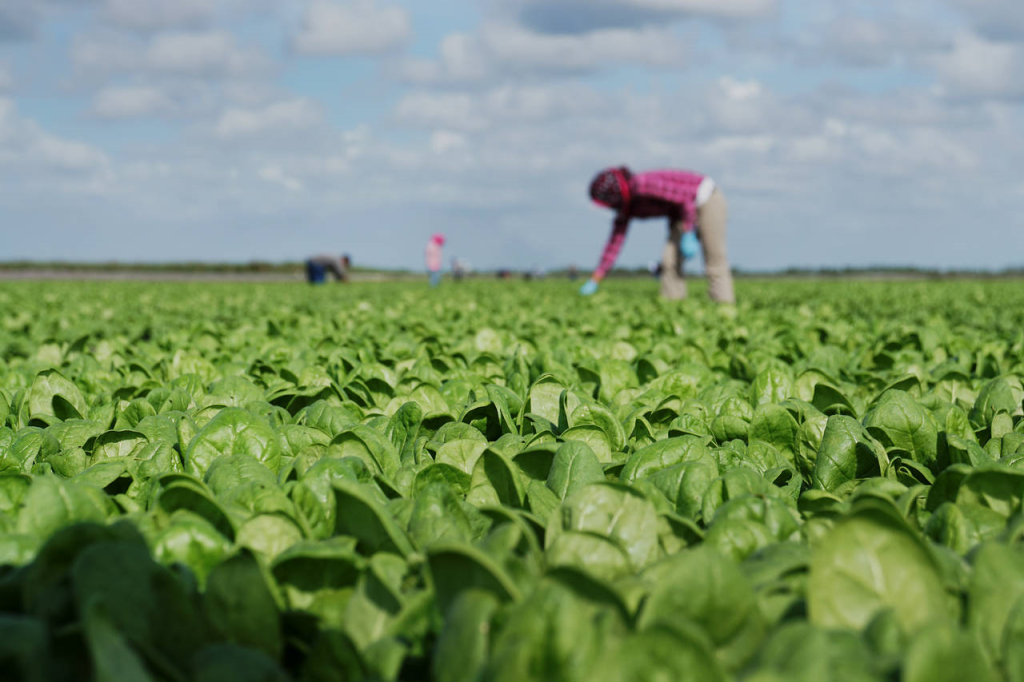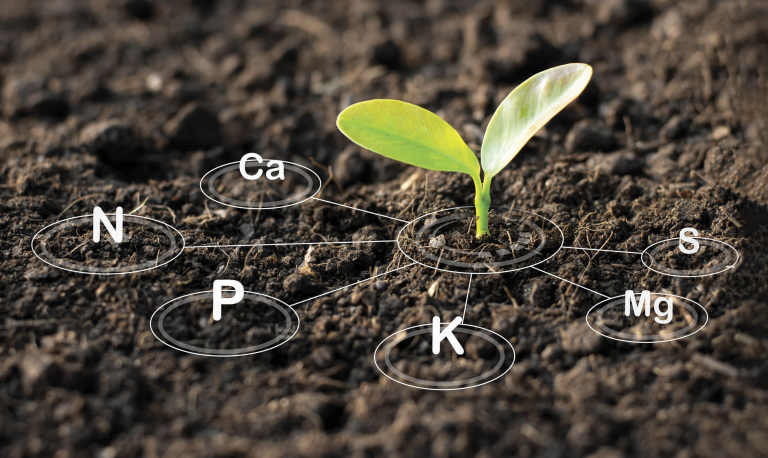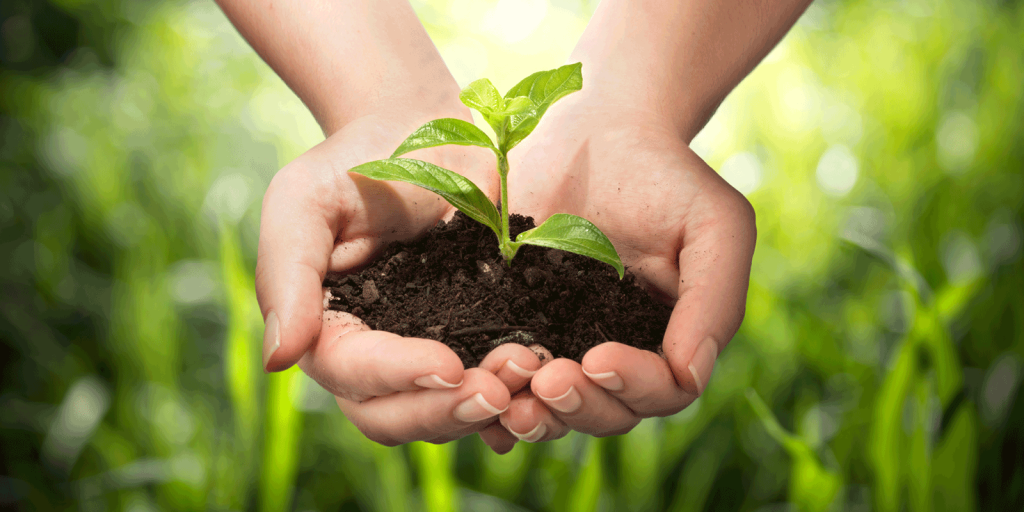The practice of organic farming is gaining popularity, and there are currently a growing number of farmers who have made the transition to sustainable agriculture. This shift is occurring as a result of the many benefits that organic farming offers, as well as the growing demand for organic produce. Nevertheless, making the switch from conventional farming practices to organic agriculture can be a difficult and involved process. In this post, we will offer some advice on how to transition from conventional farming to organic farming.
Educate Yourself on Organic Farming Practices
The first step in transitioning to organic farming is to educate yourself on the principles and practices of sustainable agriculture. Read up on the requirements for organic certification, the benefits of organic farming, and the practices used in organic farming. There are many resources available online, such as the USDA’s National Organic Program, that can provide valuable information and guidance.
Develop a Plan for Transitioning to Organic
Transitioning to organic farming is a process that requires careful planning. Develop a plan that outlines the steps you will take to transition to organic farming practices. This plan should include a timeline for the transition, as well as the specific practices you will implement, such as crop rotation, cover cropping, and the use of natural fertilizers and pest control methods.

Start Small
Transitioning to organic farming can be overwhelming, especially if you have a large farm. To make the process more manageable, start small. Focus on transitioning a small portion of your farm at first, such as a single field or crop. This will allow you to test out organic farming practices on a smaller scale, learn from any mistakes, and gradually expand your organic farming practices.
Assess Your Soil Health
Soil health is a critical component of organic farming. Before making the transition, it’s important to assess the health of your soil. This can be done through soil testing, which can help you determine the nutrient levels in your soil, as well as any issues that may need to be addressed. This information can be used to develop a soil management plan that will help you maintain healthy soil and maximize the health and productivity of your crops.

Join a Farmer’s Network
Joining a farmer’s network or association can be a valuable resource for farmers transitioning to organic farming. These networks provide access to resources, advice, and support from other farmers who have made the transition to organic. They also offer opportunities to attend workshops and training programs that can help you develop the skills and knowledge you need to succeed in sustainable agriculture.
Making the transition to organic farming requires time, effort, and a willingness to learn and adapt. However, the benefits of organic farming are well worth the investment. By following these tips, you can make the switch to sustainable agriculture and reap the many benefits of organic farming.

Transitioning to organic farming can be a challenging but rewarding journey. By following these tips and best practices, farmers can make the shift to sustainable agriculture and enjoy the benefits of healthier crops, a healthier planet, and a more profitable and resilient farming system. It’s important to remember that transitioning to organic farming is not an overnight process, and it requires a commitment to learning, experimentation, and continuous improvement. With dedication, patience, and the right resources and support, any farmer can successfully make the transition to organic farming and enjoy the many benefits of sustainable agriculture.


No comment